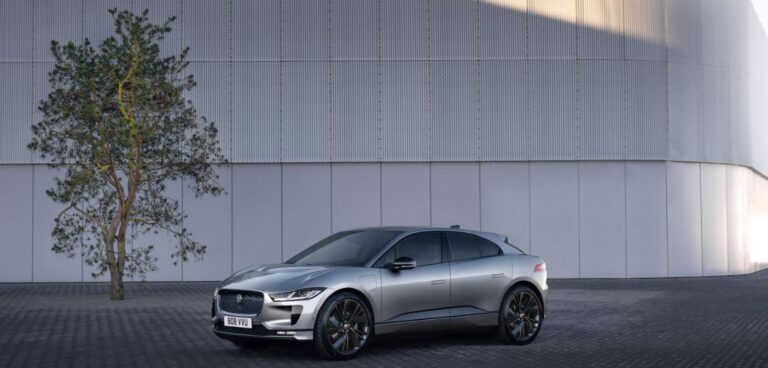Jaguar Land Rover (JLR) has committed to reducing greenhouse gas emissions across its operations by 46% by 2030 and will cut average vehicle emissions across its value chains by 54%, including a 60% reduction throughout the use phase of its vehicles.
The goals, which are approved by the Science Based Targets initiative (SBTi), confirm the company’s pathway to a 1.5°C emissions reduction in line with the Paris Agreement. JRL added its commitment meets the most ambitious goal set in Paris.
These latest targets represent JLR’s commitment to 2030, followed by a second-decade ambition for net zero emissions across supply chain, product, and operations by 2039, as part of its Reimagine strategy. To achieve this, the company will work to decarbonise across design and materials, manufacturing operations, supply chain, electrification, battery strategy, circular economy processes, and up to end-of-life treatment.
To support its mission, JLR has introduced the new role of sustainability director, appointing Rossella Cardone, who will support François Dossa, executive director, strategy and sustainability.
Cardone, said: “Sustainability sits at the core of our Reimagine strategy, with the aim to achieve net carbon zero by 2039, as the creator of the world’s most desirable modern luxury vehicles.
“As we move from climate ambition into action, we are now embedding sustainability into the Jaguar Land Rover DNA to minimise our carbon footprint across our value chain. Science-based targets tell us how much and how quickly we need to reduce our greenhouse gas emissions as well as keeping stakeholders informed about our progress.”





